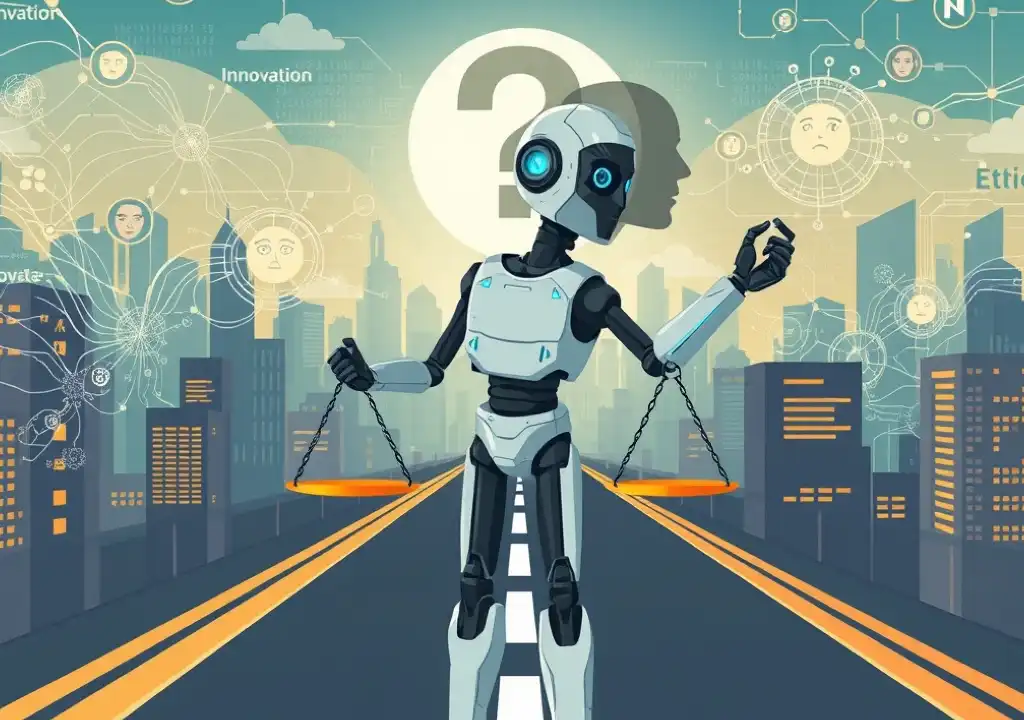Stephen Roberts explores the risks and rewards of artificial intelligence and machine learning.
We’re living in an era of accelerating technological breakthroughs, where artificial intelligence (AI) is no longer a concept of the future—it’s part of our daily reality.
From how we bank and communicate, to planning vacations or finding matches on dating apps, algorithms guide countless aspects of modern life. While self-driving cars and robots grab the headlines, AI is also quietly shaping areas like medical diagnostics and predictive policing.
But as intelligent machines grow more capable, society must grapple with how to ethically govern and regulate them.
In a conversation with Al Jazeera, Stephen Roberts, professor of Machine Learning at the University of Oxford in the UK, reflects on the present and future roles of machine learning in everyday life.
“We’re far from a world overrun by robotic armies,” he notes.
“We have to realize that automation and smart systems are already deeply woven into modern life. From high-speed trading on stock markets to algorithms scanning emails or offering predictive text on phones—these technologies are everywhere, and we’re generally comfortable with them.”
One major issue arising from increased AI adoption is accountability—what happens when algorithms fail?
“It may sound like a philosophical puzzle, but these are real questions we must confront as a society,” says Roberts. “If a robotic surgeon makes a mistake, who’s responsible? The hospital? The robot’s creators? The algorithm designers? These scenarios introduce entirely new ethical challenges.”
Beyond these obvious concerns lie subtler dangers, such as the way machine learning systems can entrench societal biases.
“A lot of bias stems from the data we train these systems on,” Roberts explains. “For example, when searching for ‘scientist,’ many images depict deceased white men. That’s a narrow and skewed view of reality. Algorithms, by default, can’t detect this bias.”
He concludes, “We must put serious effort into building fairer, more inclusive AI that understands and addresses these underlying imbalances.”

